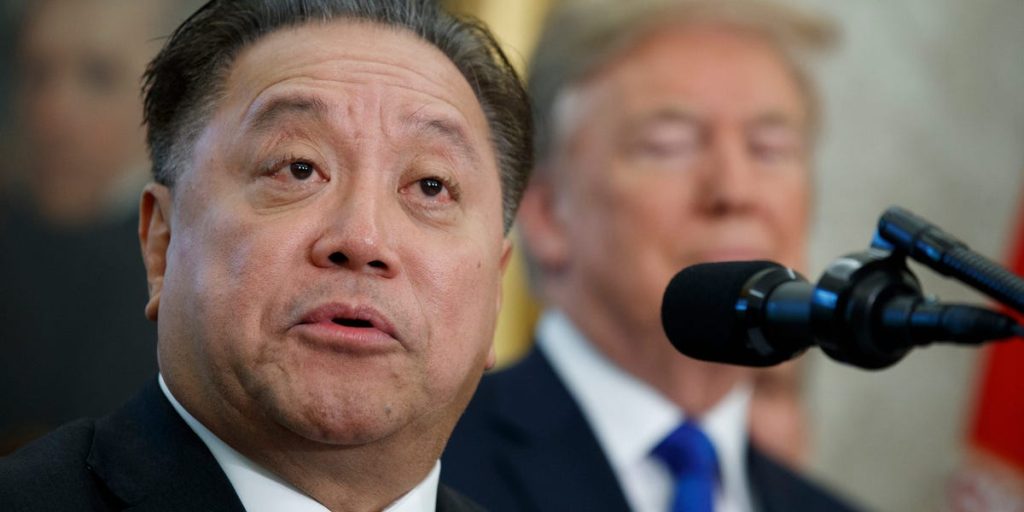On Tuesday, the House passed a bill designed to prevent a government shutdown ahead of the looming midnight deadline on Friday. This resolution gained traction after President Donald Trump urged Republican members to support it, even threatening a primary challenge against the single GOP representative who opposed it.
Key Facts
House Republicans unveiled the bill on Saturday, which proposes to maintain the current funding levels for fiscal year 2024 until the end of September. The bill includes a $13 billion reduction in nondefense spending and a $6 billion increase for defense spending, allowing more time for lawmakers to negotiate a budget for fiscal year 2025. The House approved the bill in a largely partisan vote of 217-213, with Rep. Thomas Massie (R-Ky.) as the sole Republican opposed and Rep. Jared Golden (D-Maine) as the only Democrat in support. Massie expressed his concerns about “waste, fraud, and abuse” prevalent in the existing budget, while Rep. Rich McCormick (R-Ga.) initially opposed but later showed some openness to changing his stance. Several other Republicans were undecided leading up to the vote, according to ABC News. Trump, who rallied for party unity, criticized Massie on Truth Social, threatening to lead a primary challenge against him. He assessed that while a shutdown “could happen,” it was “probably won’t occur,” showing confidence in the bill’s passage. The bill requires support from seven Senate Democrats to overcome a filibuster, with at least one, Sen. John Fetterman (D-Pa.), expressing favorable intent, although Sen. Rand Paul (R-Ky.) has indicated his opposition.
Chief Critic
Sen. Patty Murray (D-Conn.), the leading Democrat on the Senate appropriations committee, has criticized the bill, claiming it enables the Trump administration to manage spending without Congressional oversight. She sees it as a move to create “slush funds” that allow for arbitrary spending priorities.
Tangent
Some Republicans, who generally eschew short-term spending measures known as continuing resolutions (CRs) for lacking extensive spending cuts, supported the current proposal, citing ongoing initiatives by the Department of Government Efficiency, led by Elon Musk, to pinpoint budget reductions. Rep. Chip Roy (R-Texas), who typically opposes CRs, stated it would facilitate the identification of wasteful spending for future budget considerations. Similarly, Rep. Ralph Norman (R-S.C.), who is normally against such resolutions, expressed support this time around due to the DOGE initiative.
Key Background
Congress narrowly avoided a shutdown last December when a continuing resolution passed with support from some Democrats, extending the fiscal year 2024 budget through mid-March. An earlier version of the bill, which included provisions to modify the debt limit backed by Trump and Musk, failed, leading Republicans to drop it. In the event of a government shutdown, non-essential federal workers would be furloughed until a new budget is adopted, while essential personnel, such as military staff, would continue to work without pay.









